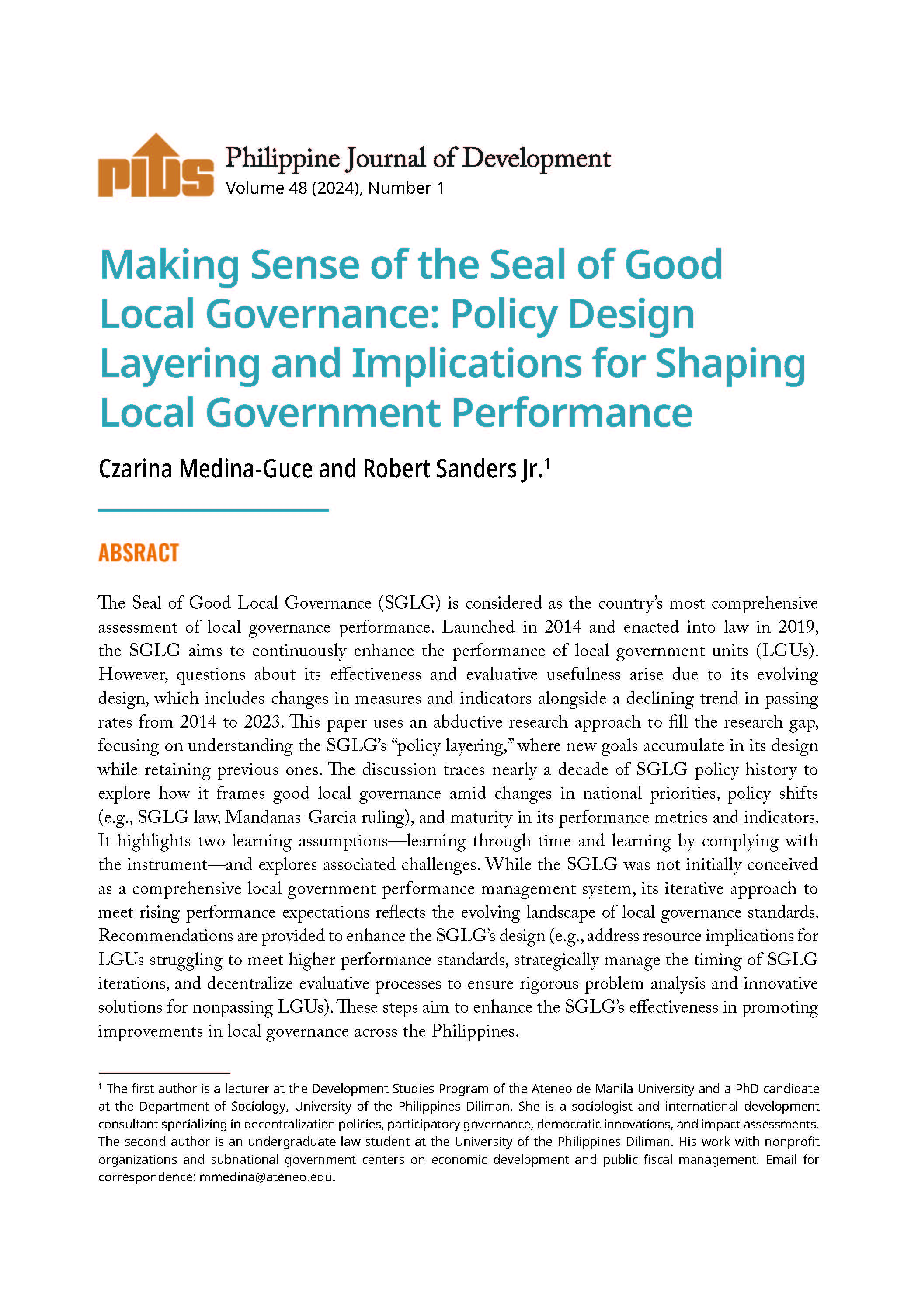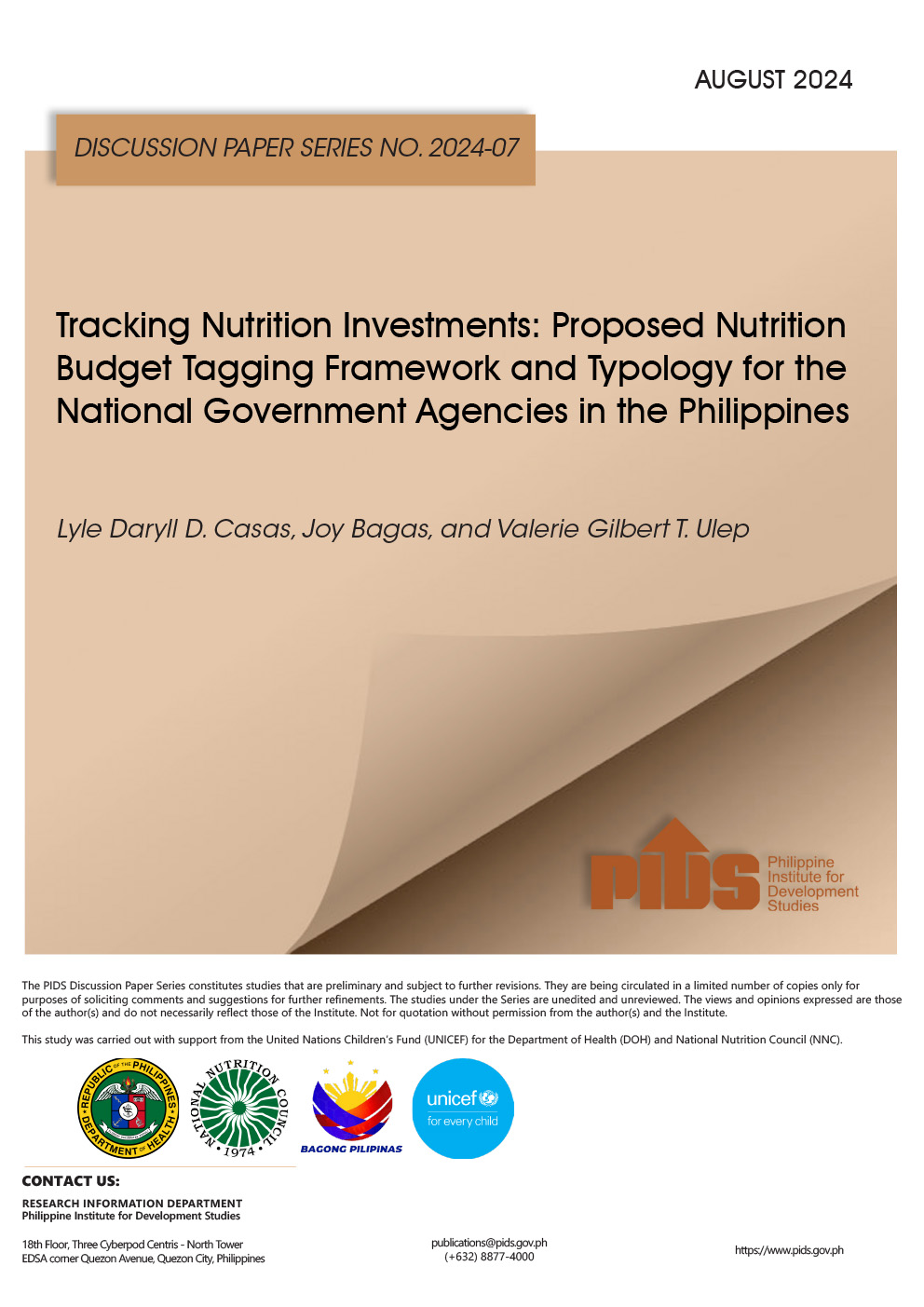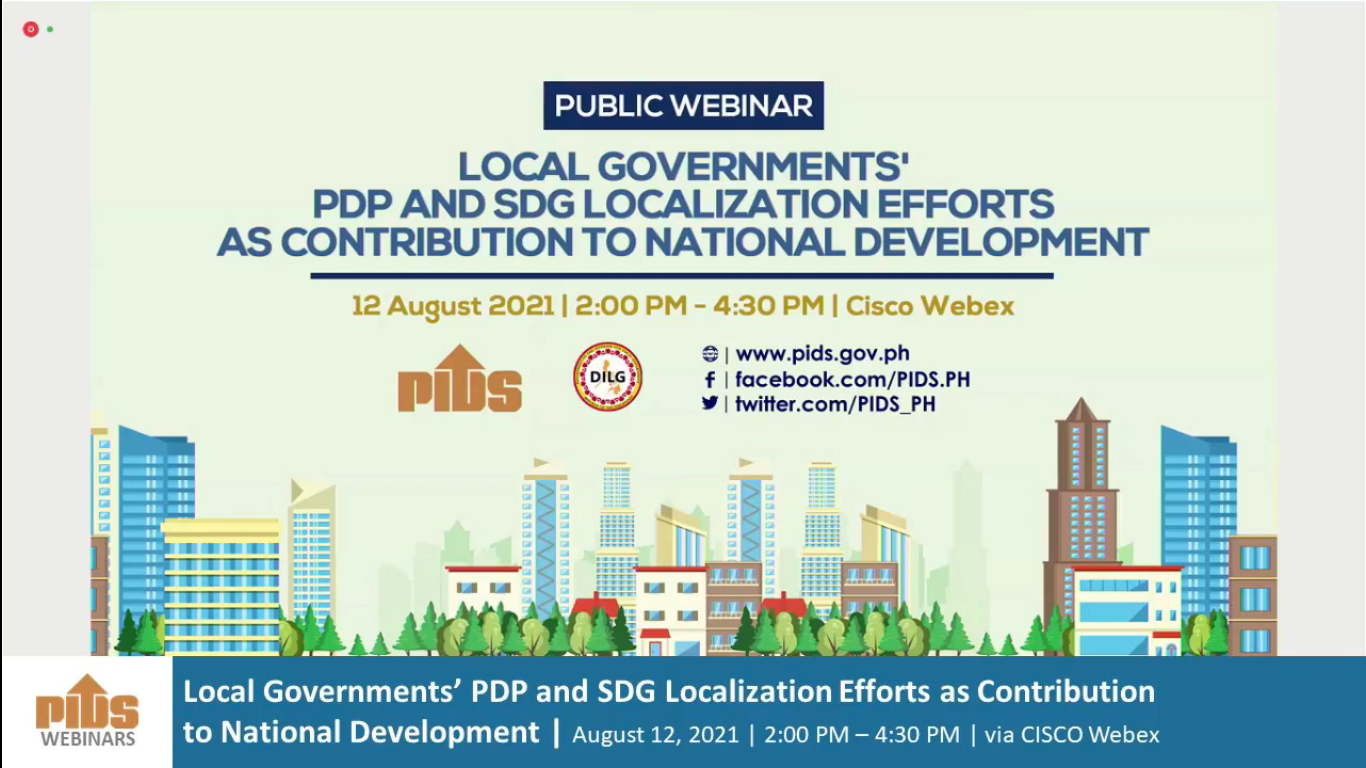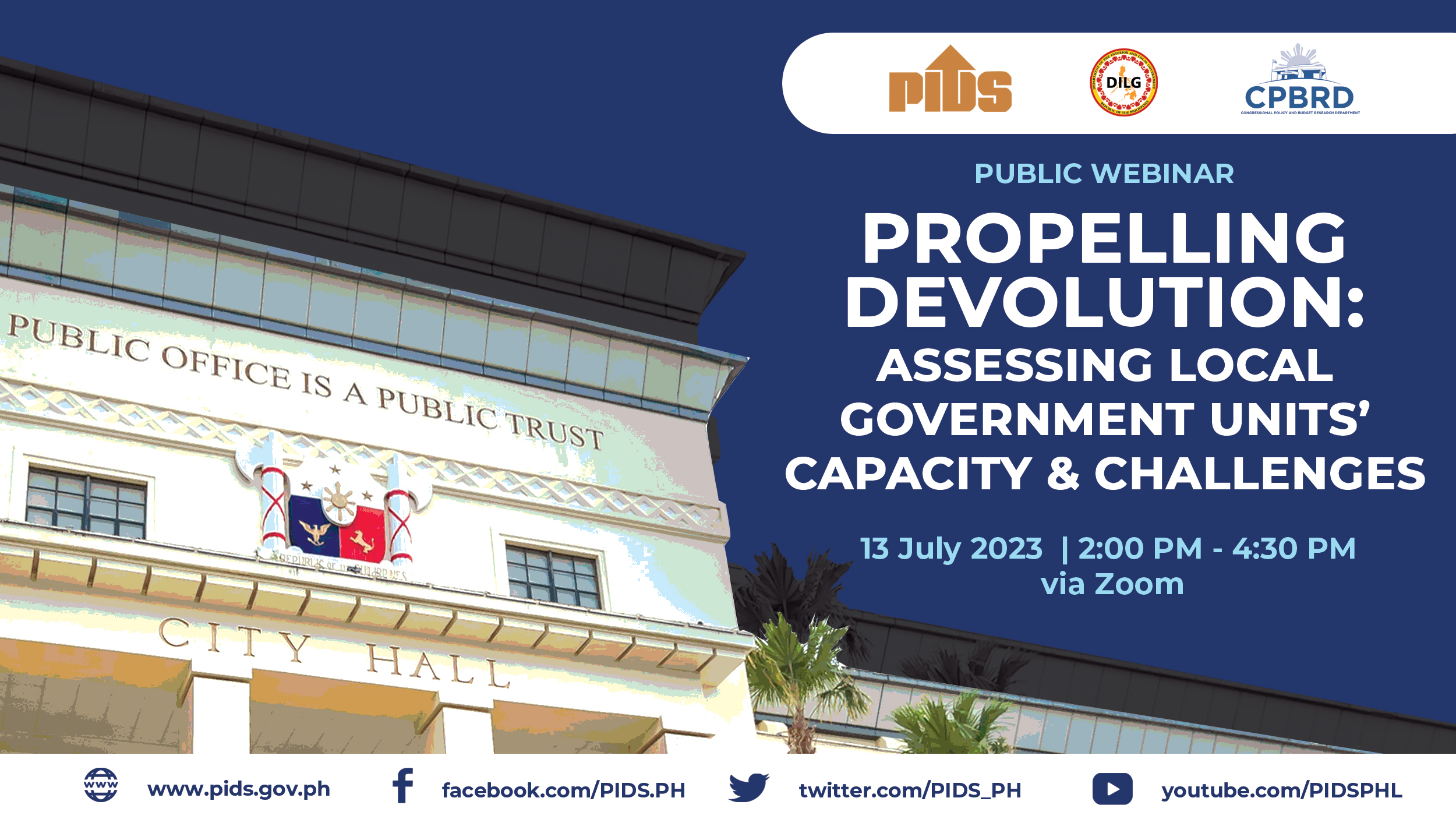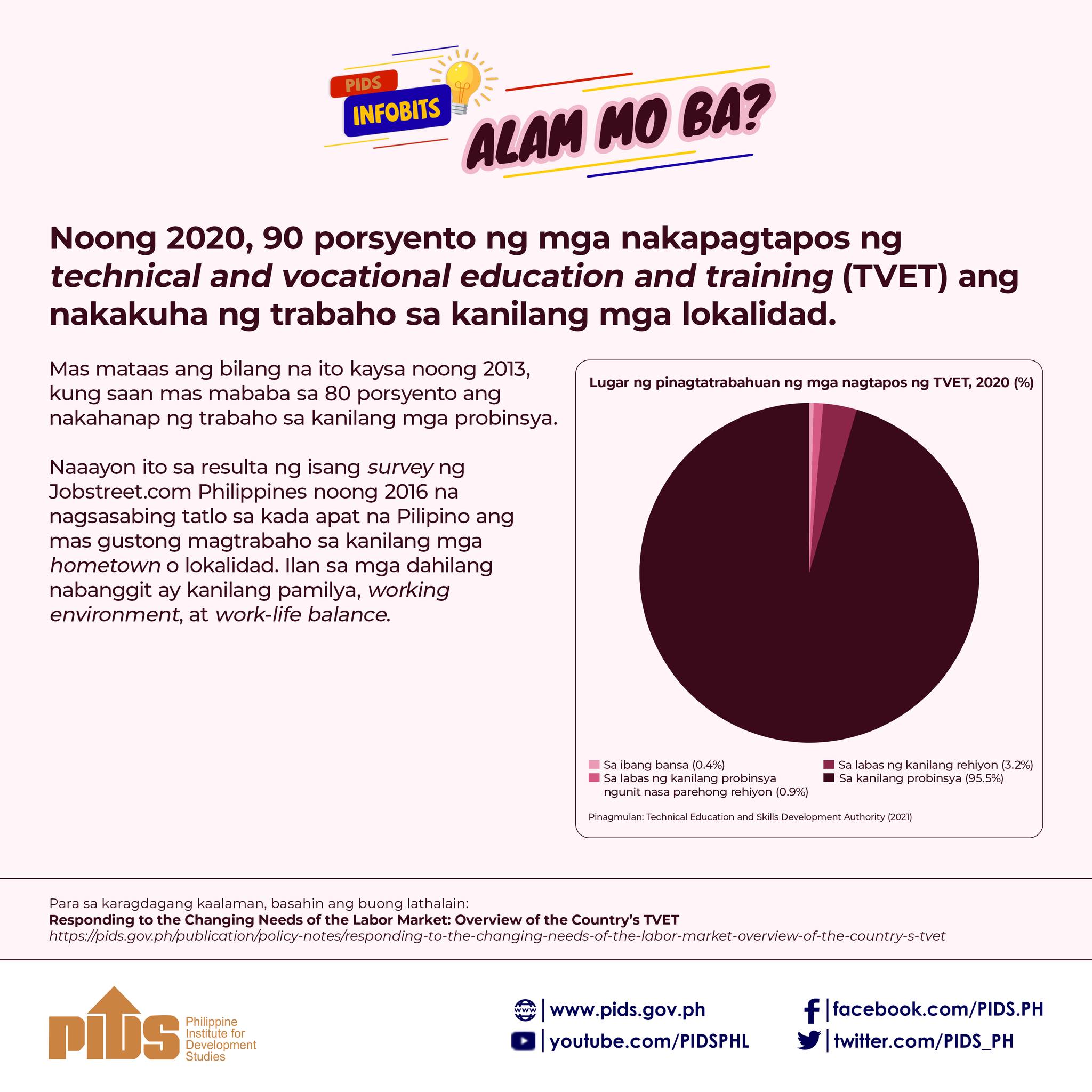MANILA – The Senate committee on local government is seeking a six-month comprehensive review of the 26-year-old Local Government Code.
The review is needed “to come up with clear-cut reforms,” said Juan Edgardo Angara, committee chairman. “[It] is long overdue.”
Angara cited Section 521 of the Code, or Republic Act (RA) 7160, which directs Congress to “undertake a mandatory review of this Code at least once every five years and as often as it may deem necessary, with the primary objective of providing a more responsive and accountable local government structure.”
RA 7160 was enacted into law in 1991 to decentralize governance and allow autonomy for local government units (LGUs).
Among the key areas of reform the committee identified were “devolved services,” “standards of creation of LGUs,” “revenue sharing and taxing powers,” “balance of power,” “term of office of local officials,” and “autonomous regions.”
Meanwhile vice chairwoman Risa Hontiveros said the Code review is aimed at increasing the capacities of local governments.
The Union of Local Authorities of the Philippines also urged the Senate to increase the LGUs’ share in national taxes. Specifically it sought a simplified formula for the computation of LGU share.
Forty percent of national internal revenue is allocated to LGUs, which were given taxing powers to generate more revenue.
In relation, Angara lamented that 62 percent of the Philippines’ economic activity is concentrated in the National Capital Region (36 percent), Calabarzon (17 percent) and Central Luzon (9 percent).
He said the Philippine Institute for Development Studies proposed an equalization fund to help poorer local governments.
“Ours is a grossly unequal economy, and that inequality can be drawn along geographic lines,” said the senator.
“Nauunawaan po natin ang pangangailangan ng mga lokalidad para sa tama at patas na alokasyon sa kita ng gobyerno,” said Angara. “Atin pong nilalayon ngayon na maging sapat ang alokasyon para sa lahat ng LGUs upang matulungan silang umunlad at umahon sa kahirapan.”/PN
The review is needed “to come up with clear-cut reforms,” said Juan Edgardo Angara, committee chairman. “[It] is long overdue.”
Angara cited Section 521 of the Code, or Republic Act (RA) 7160, which directs Congress to “undertake a mandatory review of this Code at least once every five years and as often as it may deem necessary, with the primary objective of providing a more responsive and accountable local government structure.”
RA 7160 was enacted into law in 1991 to decentralize governance and allow autonomy for local government units (LGUs).
Among the key areas of reform the committee identified were “devolved services,” “standards of creation of LGUs,” “revenue sharing and taxing powers,” “balance of power,” “term of office of local officials,” and “autonomous regions.”
Meanwhile vice chairwoman Risa Hontiveros said the Code review is aimed at increasing the capacities of local governments.
The Union of Local Authorities of the Philippines also urged the Senate to increase the LGUs’ share in national taxes. Specifically it sought a simplified formula for the computation of LGU share.
Forty percent of national internal revenue is allocated to LGUs, which were given taxing powers to generate more revenue.
In relation, Angara lamented that 62 percent of the Philippines’ economic activity is concentrated in the National Capital Region (36 percent), Calabarzon (17 percent) and Central Luzon (9 percent).
He said the Philippine Institute for Development Studies proposed an equalization fund to help poorer local governments.
“Ours is a grossly unequal economy, and that inequality can be drawn along geographic lines,” said the senator.
“Nauunawaan po natin ang pangangailangan ng mga lokalidad para sa tama at patas na alokasyon sa kita ng gobyerno,” said Angara. “Atin pong nilalayon ngayon na maging sapat ang alokasyon para sa lahat ng LGUs upang matulungan silang umunlad at umahon sa kahirapan.”/PN

